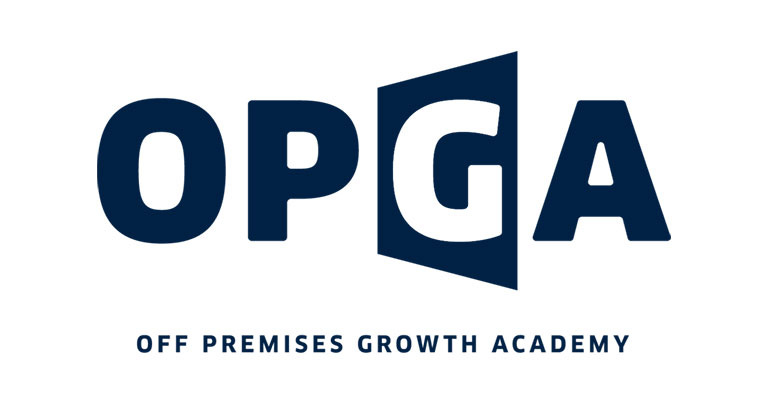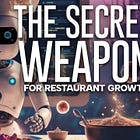Restaurant Survival Guide: Is B2B Catering Your Missing Revenue Stream?
In a recent interview, Szabi Bako, founder and CEO of Helsinki-based catering company Fygë, shared valuable insights for restaurant operators considering expansion into B2B catering. Since launching in 2021, Fygë has become Helsinki's largest B2B caterer through a combination of technological innovation and unwavering focus on service quality.
Bako emphasizes that B2B drop-off catering and event catering require fundamentally different operational approaches. While drop-off catering focuses on volume and efficiency with typical orders taking 1-2 hours to complete, event catering involves extensive planning and can require 6.5 hours of preparation plus 12-15 hours of execution. This distinction is crucial for restaurants considering adding catering services.
For restaurants struggling with current market conditions, B2B catering could provide a vital additional revenue stream. However, Bako cautions against treating it as a side business. Success requires dedicated operational planning, appropriate kitchen space, and specialized technology solutions. Many restaurants attempt catering without proper infrastructure or strategy, leading to execution challenges.
Sponsored by:
Flexibility and meticulous planning emerge as key success factors. Fygë differentiated itself by maintaining exceptional service standards while accommodating client needs, even when it seemed "unscalable" initially. This approach helped them secure contracts with major corporations and expand into contract catering for corporate cafeterias, particularly as many facilities closed during the pandemic and never reopened.
In Bako's experience, restaurants successful in B2B catering prioritize operational excellence alongside customer service. This means investing in proper systems, maintaining consistent quality during transport, and ensuring appropriate packaging solutions. The goal is creating a seamless, hassle-free experience for corporate clients while maintaining operational efficiency.
Guest: Szabi Bako founder and CEO of Fygë







